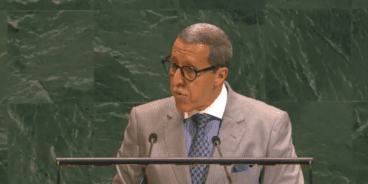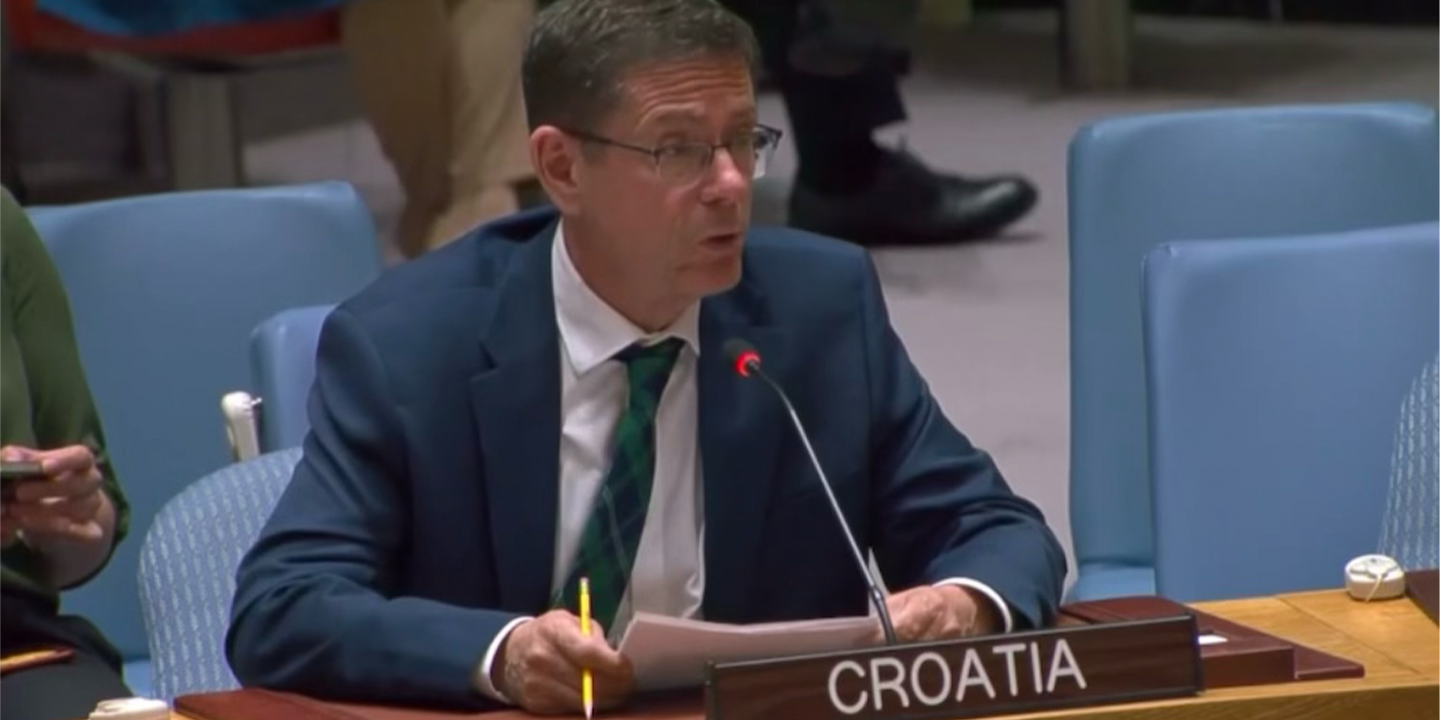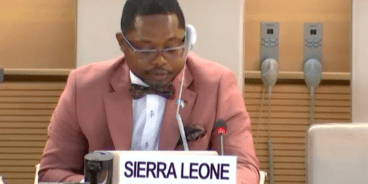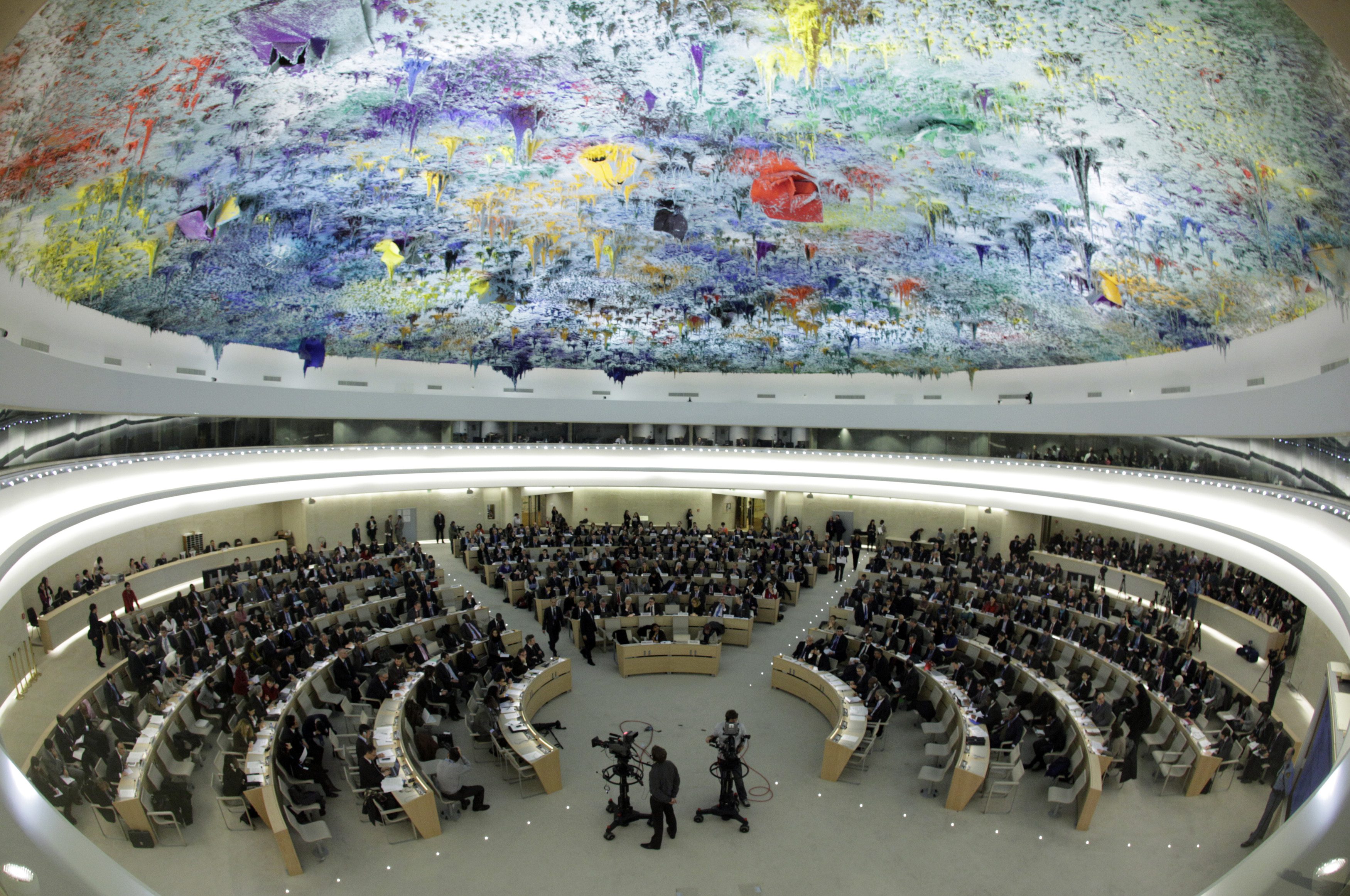

Statement delivered on behalf of the Group of Friends of R2P at the UN Security Council Open Debate on Protection of civilians in armed conflict: Ensuring the security and dignity of civilians in conflict: Addressing food insecurity and protecting essential services
Mr. President,
I have the honor of delivering this statement on behalf of the Group of Friends of the Responsibility to Protect, consisting of 55 Member States and the European Union, and this year co-chaired by Botswana, Costa Rica and Croatia.
UN Security Council Resolutions 2417 and 2573 reiterate the primary responsibility of States to protect the population throughout their whole territory, and highlight the link between armed conflict and violence and conflict‐induced food insecurity and the threat of famine. We would like to commend Switzerland for organizing today’s important open debate to draw attention to this aspect.
All Member States have committed to the responsibility to protect their populations from genocide, war crimes, crimes against humanity and ethnic cleansing. Nevertheless, today we bear witness to pervasive erosion of respect for civilian lives and objects and an appalling disregard in some regions for the norms and laws that States have established to avert the impacts of armed conflict, and protect their populations from atrocity crimes.
Starvation of civilians as a method of warfare is a violation of international humanitarian law and can constitute a war crime. However, in multiple conflicts we see the weaponization of access to clean water and food which are crucial for the survival of the civilian population. Moreover, we have increasingly seen evidence of States and other parties to conflicts engaging in denial of humanitarian access, including through blocking passage, or targeting humanitarian and medical workers and assets. These unconscionable acts have an alarming impact on vulnerable civilian populations.
Furthermore, international and intra-state conflicts have exacerbated food insecurity and malnutrition, driven up global food prices and have impacted the UN’s ability to deliver aid to the most vulnerable communities around the world.
Mr. President,
It is within this context that the Group of Friends of R2P would like to stress the following points:
Firstly, the Group of Friends calls on all parties to armed conflicts to allow and facilitate, in accordance with relevant provisions of international humanitarian law and with humanitarian principles, rapid and unimpeded access of humanitarian personnel, equipment and supplies and the timely delivery of humanitarian assistance to populations in need. This should, for instance, be done through lifting arbitrary bureaucratic impediments to humanitarian operations, allowing for the flow of humanitarian aid and services into conflict areas and protecting medical personnel and civilians, including humanitarian actors, from attacks.
We commend the adoption of Security Council resolution 2664 regarding humanitarian exemptions to asset freezes under UN sanctions regimes. When allowing and facilitating humanitarian access to all people in need in conflict settings is a matter of international peace and security, the Security Council should continue to play a constructive role in encouraging the protection of humanitarian access.
Secondly, the international community needs to urge and support States where civilians are facing conflict-induced hunger to realign spending priorities and commit resources towards fulfilling the populations’ needs.
Globally, humanitarian needs are rising steeply. The international community should enhance its effort to anticipate and prevent the rising needs and reduce global fragility. Providing for the basic needs of people affected by crises should be a shared responsibility for all. Resource scarcity and threats to humanitarian operations are risk factors for atrocities; to attempt to mitigate these risks, Member States should urgently respond to the UN’s humanitarian appeals and increase predictable and flexible funding.
Thirdly, efforts on atrocity prevention and the protection of civilians must be responsive to demographic considerations. Security Council resolutions on Women, Peace and Security note that armed conflicts and emergencies have a disproportionate impact on women and girls. Women and girls’ rights must be respected and protected; their needs should be considered and addressed; and their full, equal, safe and meaningful participation in all processes related to peace and security promoted, including in the leadership and delivery of the humanitarian response. Gender-based discrimination and inequality, including the systematic oppression of women and girls, are important risk factors that can contribute to atrocity crimes. Addressing root causes of gender-based discrimination and violence as well as meaningfully including and elevating women’s voices on their unique experiences and needs in atrocity situations, can enhance prevention strategies. The Group urges the United Nations and other relevant actors to ensure that affected populations, including women and girls, are involved in the development, implementation and monitoring of civilian protection strategies and activities.
Lastly, the effective prevention of atrocities and timely and efficient response to them can be strengthened if the UN system further improves its cross- departmental collaboration and responds holistically by using all the tools and mechanisms at its disposal, including humanitarian assistance, and ensuring that all relevant information and capacities generated by all parts of the UN are shared and acted upon.
Thank you.
Related Content


